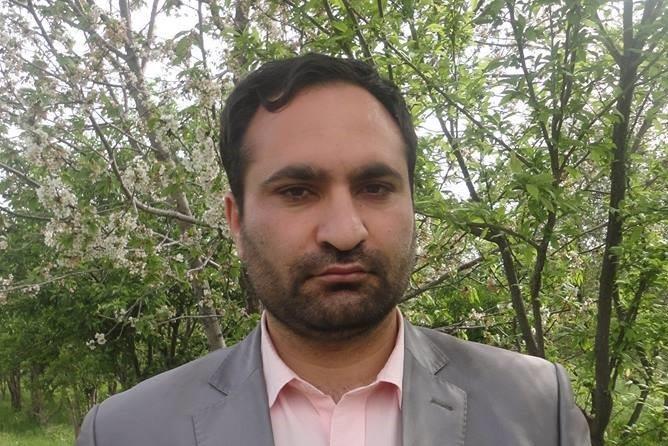KANDAHAR CITY (Pajhwok): Urban residents of southern Kandahar province owe 70 million afghanis in unpaid water bills to the provincial Water Supply and Canalization Department, an official said on Wednesday.
Eng. Mohammad Nader Kakar, head of Kandahar water supply and canalization department, told Pajhwok Afghan News they supplied potable water to 15 percent residents of the provincial capital, Kandahar City.
Kakar said their main problem was collection of bills from people as 70 million afghanis remained unpaid for years.
The official said the Ministry of Finance did not allocate funds to his department and they handled affairs with money collected in water bills.
“That is the reason our department has been unable to expand its networks of water supply and improve its services”, he said.
Kakar said the current water supply network was old as it was built in 1953 and needed to be renewed, but their department lacked funds for the purpose.
He said some people had illegally connected pipes to the water network and used the service without payment, which he termed as another problem. “But efforts are underway to prevent it.”
“Arbitrary digging of deep wells has lowered the underground water level in the area, which is a serious issue”, he added.
The water level has plummeted 130 meters in the last few years due to various reasons including deep wells, he said.
“It is not good news for Kandahar where the population is fast increasing.”
Kakar also said water consumed in eastern and western areas of Kandahar city was not good in quality.
“But in northern regions of the city, people can hardly find access to potable water due to its low availability there”, he said.
But he said they planned to start work on a major water reservoir to help around 10,000 families and resolve the water shortage problem in the northern region of the city.
Some families lived in unplanned areas of the city so their department was unable to supply them water and that was the reason they dug their own wells, Kakar said.
A water quality checking laboratory has recently been activated in Kandahar where biologic and physical state tests of water are conducted to identify most health water in an area for supply, he said.
He said his department also provided potable water to 10,742 families in Zaranj, the capital of southwestern Nimroz province.
mds/ma







GET IN TOUCH
NEWSLETTER
SUGGEST A STORY
PAJHWOK MOBILE APP